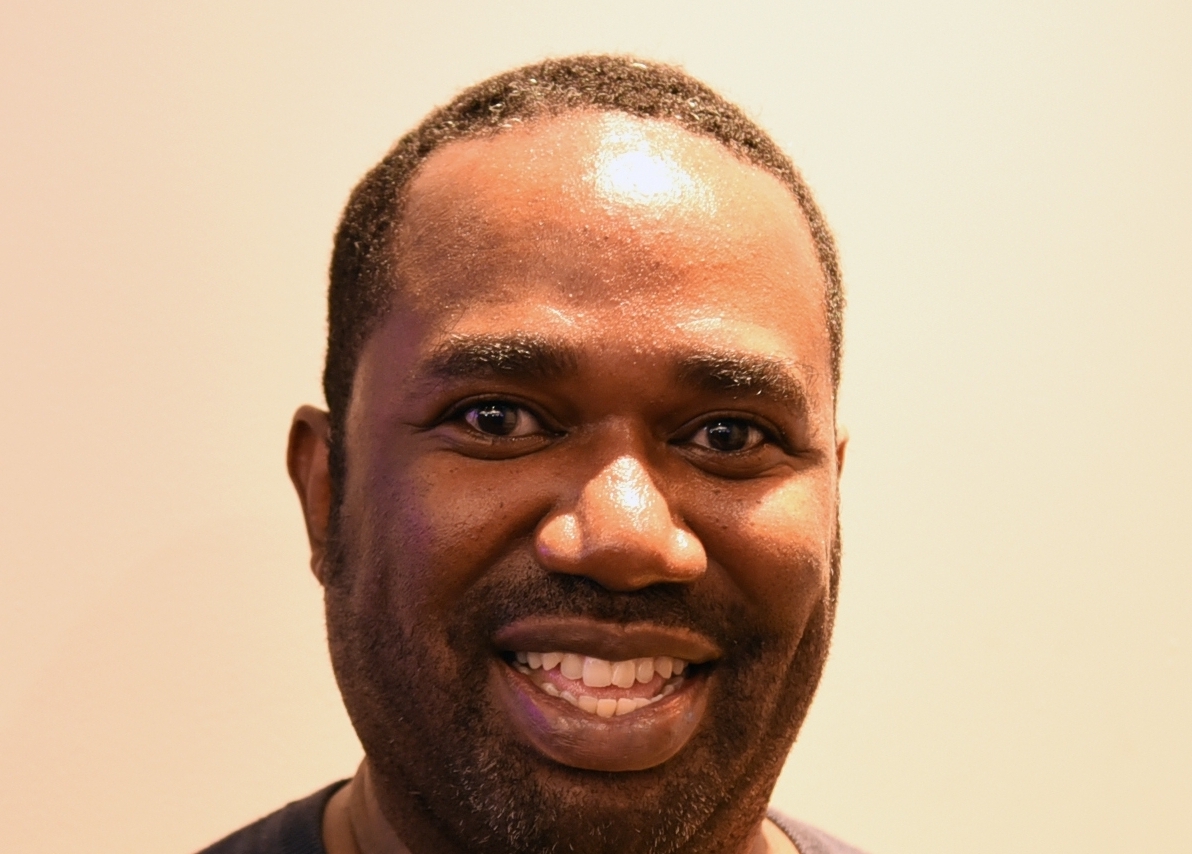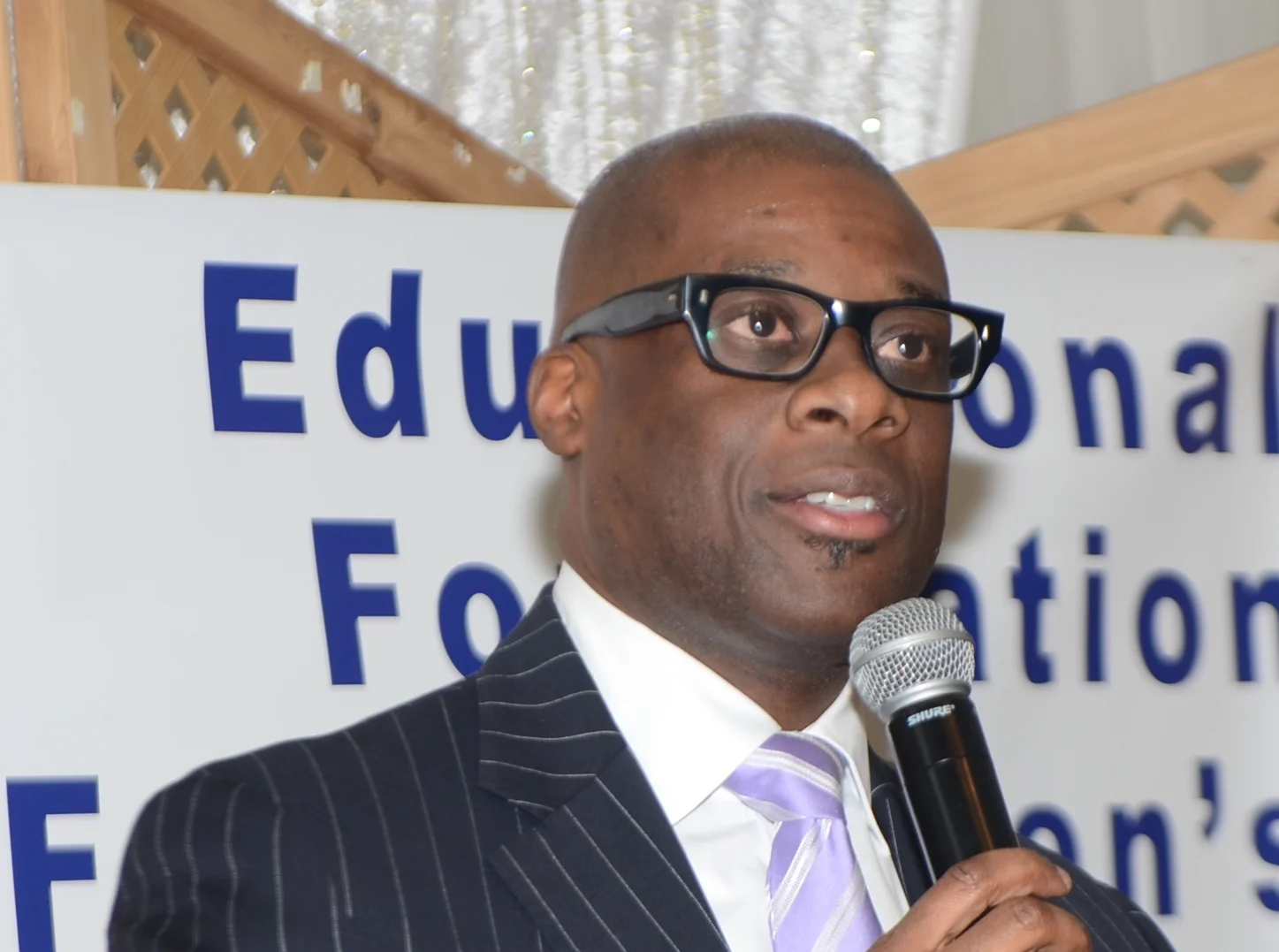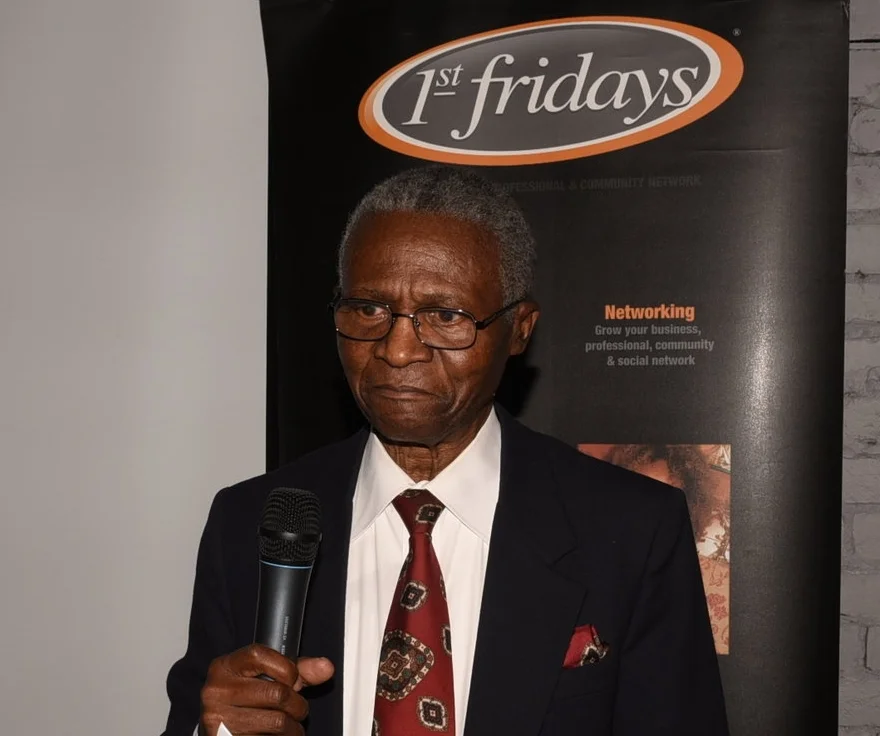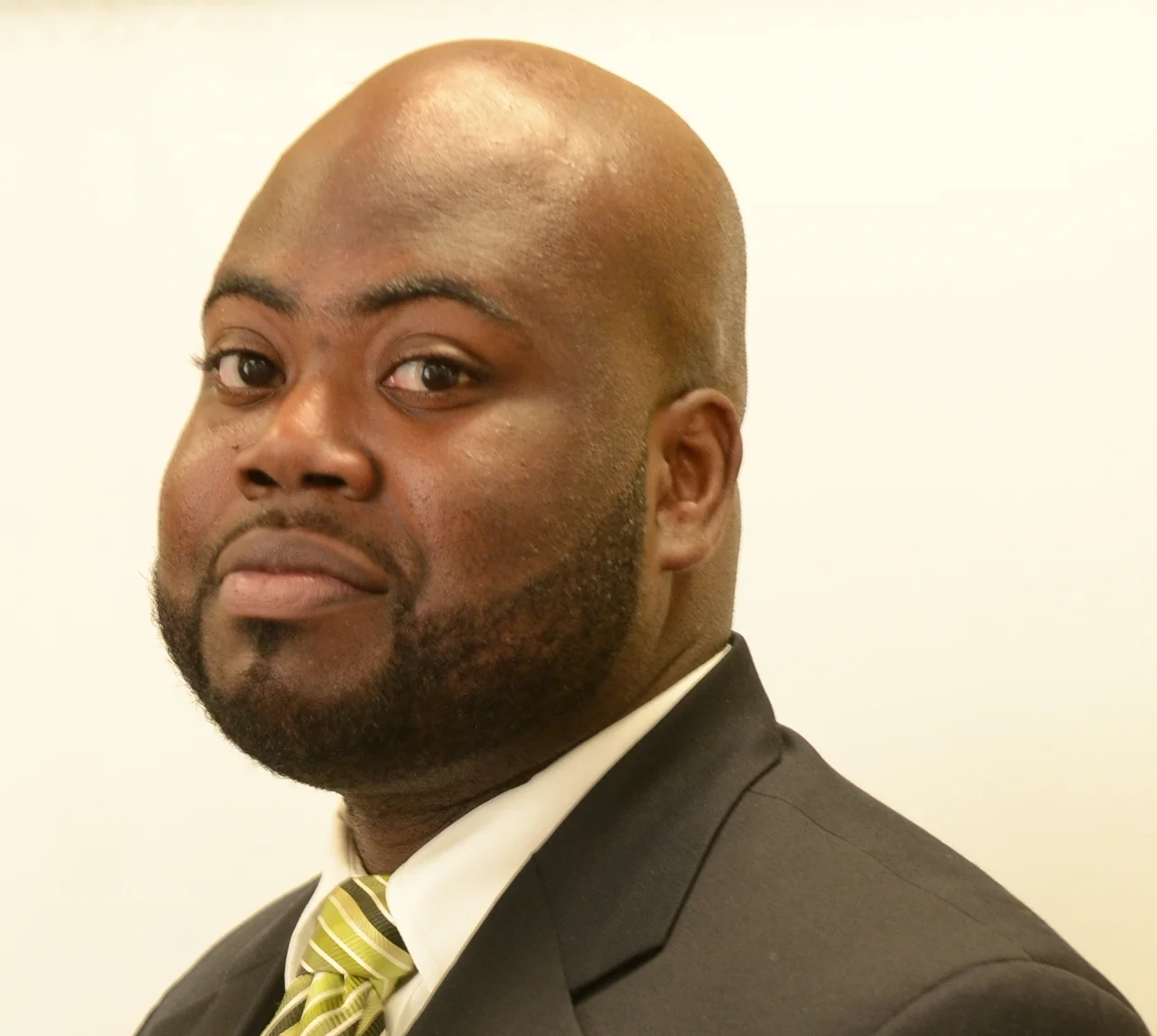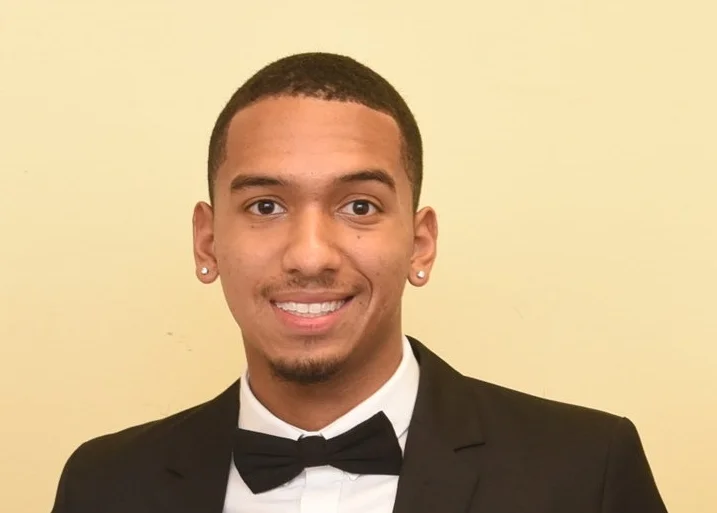Mental health survivors recognized as 'Difference Makers'
December 8, 2017
The precipitous fall from grace seven years ago for Shawn Pendenque was sudden and harsh.
Working with young people in the criminal justice system took its toll on him, or so he thought.
His irrational actions landed him in prison for four months where he was diagnosed with bipolar schizoaffective disorder.
“I was stepping out of bounds and I didn’t know at the time that it was mental illness that was kicking in,” Pendenque said. “Then, I suffered a spectacular meltdown, losing my home, car and everything I had worked so hard for. That was the lowest point in my life. It was not until I was taken to a maximum security prison at Penetanguishene that I was diagnosed.”
Though down on the canvas, he refused to be counted out.
As a teenager, Pendenque was rescued from the street by LOFT Community Services which runs Beverley Lodge, a high support group residence for homeless youth.
After his release from prison, LOFT welcomed him back with open arms.
“They gave me a second chance and basically saved my life,” said Pendenque.
The peer support worker can relate to young clients because he lived their experience. He has facilitated more than 568 recovery groups and has played a pivotal role in helping to reform the mental health system to reflect his belief that hope has no age, race, sexuality or class.”
Pendenque is among 150 Canadians who have been recognized for changing the course of mental health in Canada.
There were 3,700 submissions.
The Centre for the Addiction & Mental Health (CAMH) launched the national sesquicentennial program earlier this year.
The recognition ceremony – the last of five – for the Ontario difference makers took place last week at the Toronto Region Board of Trade.
Heather McDonald, the LOFT Community Services chief executive officer, said Pendenque is an inspiration to the staff and clients.
“Shawn is relentlessly optimistic and hopeful and always willing to make life better for the people we serve,” she said. “He’s lifting as he climbs as he shares his experience with other younger people who are struggling like he once was. He’s making a difference daily and giving others hope.”
Asante Haughton has also emerged from a dark place to be a beacon of hope.
Too afraid of the stigma he’d face from classmates and friends for asking for help, he suffered alone for almost six years.
“When I was about 15, my mom (Jasmin Simpson) started to experience mental health issues and I think that had something to do with the downward spiral,” Haughton, who left Jamaica at age three, said. “She suffered from depression and anxiety and it was shocking for everyone in the family, including me. We just didn’t know how to handle something that just came out of the blue like when a crisis worker comes to the home and finds mom alone in her room crying and saying she wants to end her life.”
Asante Haughton
Haughton received help after talking to his mother when she was better.
“She advised me to see the family doctor and he referred me to a therapist who provided me with the help and healing I needed,” he said.
Graduating from Eastdale Collegiate Institute and the University of Toronto with a psychology degree, Haughton -- a gifted storyteller and rapper – is a peer training and development lead at Stella Place which provides comprehensive mental health services for young people between the ages of 16 and 29.
He dedicated the honour to his mom who attended the event.
“She has been everything to me,” said Haughton. “We have walked this journey together and we are the better for it.”
Struggling with a perceived lack of success as an actress, Stacy-Ann Buchanan became depressed and anxious.
“The main thing was my own patience,” she said. “I would quit acting if I didn’t see major progress and that for me was being cast in a big leading role. I failed to realise that baby steps are needed in order for one to reach their goal. I had to learn to be patient and more importantly learn the art of perseverance.”
Not loving life led Buchanan to contemplate suicide.
“That is one major moment in my life that I try to lock away in my safe memory box, but I do understand it was and is a major part of my story,” she added. “It was the darkest moment in my life. I felt like I was a failure, loser and burden. Here I was at 29 about to turn 30 and I really didn’t accomplish anything in my life. I felt that taking my life was the best way out. What, however changed that, was my faith. Deep down, I felt like this wasn’t the end.”
Buchanan created and directed a documentary, ‘The Blind Stigma’, in which she shared stories – including her own -- of Black Canadians living with mental illness.
She also created an annual scholarship that’s administered by the Jamaican Canadian Association.
Stacy-Ann Buchanan (r) and her inaugural JCA-administered scholarship winner Garielle Chen
To be named among the esteemed group of difference makers is quite an honour for Buchanan.
“I am honestly still trying to come to terms with this recognition,” she said. “It feels surreal. What it does mean is that my work is seen and heard across Canada and that, in itself, is such an incredible honour.”
Wellesley Institute chief executive officer Dr. Kwame McKenzie also made the final cut.
Migrating from England a decade, McKenzie – the product of Dominican-born British nationals – is also the Centre for Addiction and Mental Health (CAMH) medical director.
Dr. Kwame McKenzie
Prior to coming to Canada, he was a psychiatrist at London’s Maudsley hospital, a mental health professor at the University of Central Lancashire and a senior lecturer in transcultural psychiatry at University College London.
Morneau Shepell, a human resources consulting and technology company that takes an integrative approach to employee assistance, health benefits and retirement needs, was the presenting partner for the national program in which Canadians were invited to nominate someone who has made a difference through research, philanthropy, advocacy, social change or inspiration.
Nominations closed on Canada Day, July 1.
“We and CAMH share a common goal of enhancing the well-being of Canadians, telling the stories of individuals leading the way to improve diagnosis and treatment and to break down stigma around mental health and addiction,” said Morneau Shepell president & chief executive officer Stephen Liptrap. “When the opportunity to be the presenting partner for CAMH’s Difference Maker initiative came up, the answer was a resounding ‘yes’.”
Husband and wife Jim and Sandi Treliving were the national co-chairs for the ‘150 Leading Canadians for Mental Health’ initiative.
Jim Treliving was a Royal Canadian Mounted Police (RCMP) officer for nine years before acquiring Boston Pizza International which has donated more than $24 million to Canadian charities in the last 27 years.
“As a police officer, I used to arrest people with mental health issues,” he said. “The hardest part for me as a young guy was picking someone up knowing there’s no help for them. That hurt. You were tough at everything else, but not tough at that.”
Treliving also lost a 16-year-old nephew to suicide committed with his uncle’s gun which he had given him to go hunting.
“He was an upstanding boy with all the toys and someone everyone would go to when they had a problem,” he added. “He was a great kid and I told my sister you would never know the reason why. That question will haunt you the rest of your life and it haunts me. Why didn’t I recognize it? But you don’t. We have got to get to our kids early and that’s why the people in this room are going to be the difference. This is a big movement and this is just the start.”

